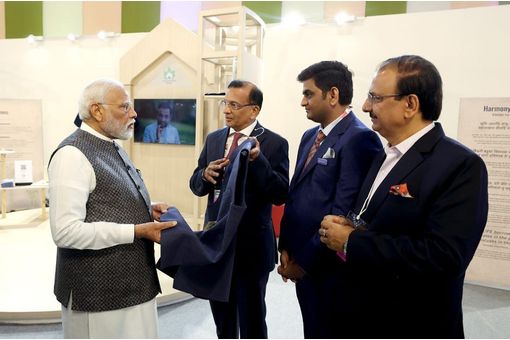Interviews
Germany anticipates rising unemployment
28 Nov '15
5 min read
In November, the income expectations indicator also experienced a modest decline, falling to 44.4 points. Despite a drop of 3.3 points, the level remains particularly high in comparison to the economic expectations indicator.
This implies that although consumers predict unemployment to rise, they still do not believe that they themselves will be affected by this, and are therefore not concerned about losing their jobs. Past experiences with this indicator suggest that a growing fear of job losses is always accompanied by a significant decrease in income prospects. This is clearly not the case here. Instead, it is evident that consumers believe rising unemployment is a technical or statistical phenomenon that goes hand in hand with the current refugee crisis. Many of the asylum seekers entering Germany who are fit for work will be given access to the labor market once their application for asylum is successful. The resulting increase in the number of people looking for a job will then cause unemployment figures to rise.
This situation also explains the reason why the German Institute for Employment Research (IAB), which forms part of the Federal Employment Agency, estimated in its latest immigration monitor that the number of unemployed refugees in Germany may climb to as many as 200,000 next year.
Despite the falling economic and income expectations recorded in November, the willingness to buy indicator increased this month. After five very moderate drops in succession, the indicator has risen by 3 points to a total of 48.9 points. This extremely high level provides evidence that the propensity to consume is still very pronounced despite the economic uncertainty. This is also proven, for example, by the particularly positive development of retail sales, which, according to data from the German Federal Statistical Office, rose by 2.7 per cent in the first nine months of this year.
The main drivers of this strong willingness to buy are the favorable employment conditions and positive development in income enjoyed by German households. The purchasing power of consumers is being given an additional boost by the extremely low inflation rate, which stood at 0.3 per cent in October (September: 0.0 percent). In particular, the continuously low energy prices are providing households with extra money to spend on other purposes.
Following a value of 9.4 points in November, the overall indicator is forecasting 9.3 points for December 2015. Although this is the fourth consecutive drop, the consumer climate indicator is still at a very high level.
Future consumer sentiment will depend on factors such as the response of consumers to the terrorist attacks in Paris on November 13, the survey said. (SH)
Fibre2Fashion News Desk – India
Popular News
Leave your Comments
Editor’s Pick
Kimberly Morgan and Rik Veltman
K3 Business Technology Group PLC
Therese Premler-Andersson
Textile Machinery Association of Sweden (TMAS)
































-Ltd..jpg?tr=w-120,h-60,c-at_max,cm-pad_resize,bg-ffffff)





.jpg?tr=w-120,h-60,c-at_max,cm-pad_resize,bg-ffffff)
.jpg?tr=w-120,h-60,c-at_max,cm-pad_resize,bg-ffffff)






